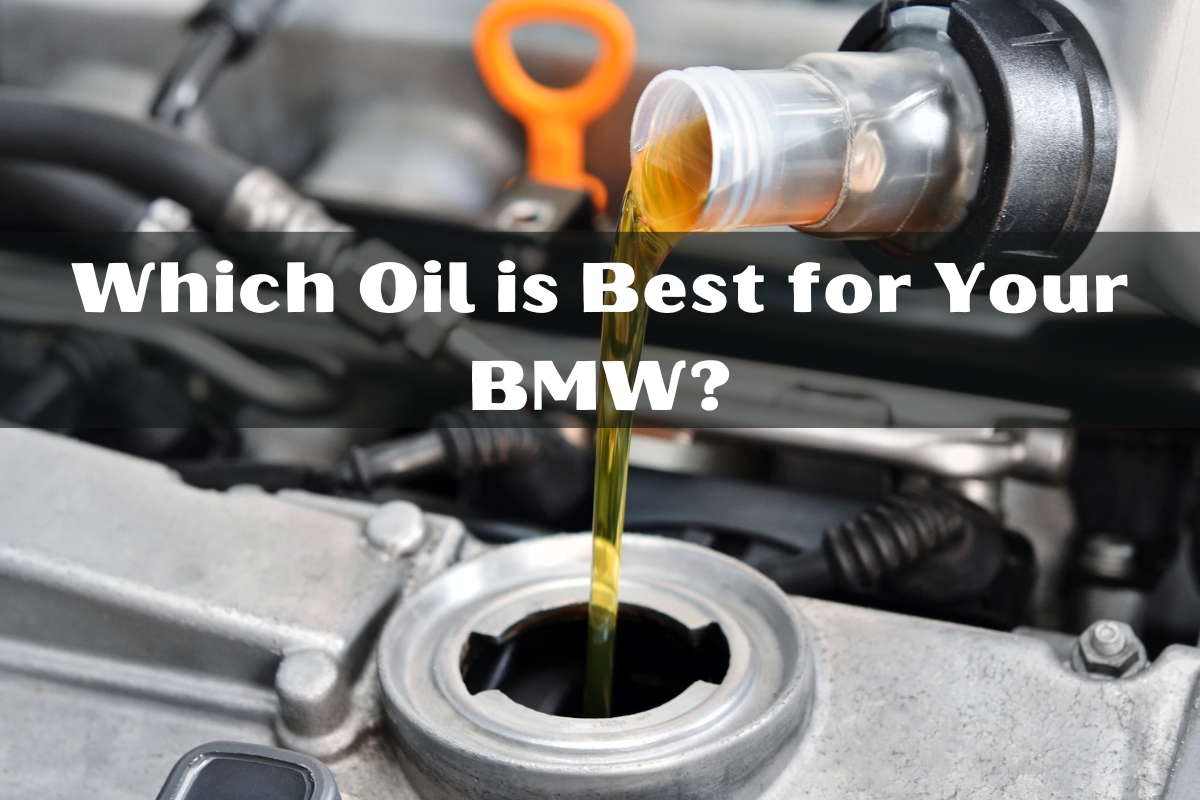Which Oil is Best for Your BMW?

When it comes to maintaining the health and performance of your BMW, using the right engine oil is crucial. BMWs are meticulously engineered vehicles that require specific lubricants to function at their best. Choosing the correct BMW-approved oil can help maximize your engine’s efficiency, extend its lifespan, and ensure smooth, reliable operation on the road. In this comprehensive guide, we’ll dive deep into the world of BMW engine oils, exploring the various types, specifications, and recommendations to help you make an informed decision for your beloved Bimmer.
Understanding BMW Engine Oil Requirements
BMW engines are designed to work in harmony with specific oil formulations that meet the manufacturer’s stringent standards. These oils are engineered to deliver superior lubrication, protection, and performance, catering to the unique demands of BMW’s advanced powertrain technologies.
BMW Oil Specifications and Approvals
BMW has developed its own set of oil specifications, known as “LL” (Longlife) ratings, to ensure the compatibility and suitability of engine oils for its vehicles. The most recent LL ratings are:
- LL-17FE+: Designed for 0W-20 and 0W-30 oils, providing enhanced fuel efficiency and engine protection.
- LL-01FE: Suitable for 0W-30 oils, offering a balance of performance and efficiency.
- LL-12FE: Specifically formulated for diesel engines, providing excellent lubrication and emissions control.
It’s essential to use an oil that meets the LL rating specified for your BMW model and engine type to ensure optimal performance and compliance with the manufacturer’s recommendations.
Choosing the Right Viscosity
In addition to the LL rating, BMW also specifies the appropriate viscosity grade for its engines, typically ranging from 0W-20 to 10W-60, depending on the model year and engine configuration. The viscosity of the oil plays a crucial role in its ability to flow and provide the necessary lubrication at different operating temperatures.
For example, newer BMW models (2014 and newer) generally require 0W-20 or 0W-30 oils, while some older models may need a 5W-30 or 10W-60 viscosity. It’s essential to consult your owner’s manual or a BMW-certified technician to determine the specific viscosity grade recommended for your vehicle.
Types of BMW-Approved Engine Oils
BMW approves a variety of engine oils from different manufacturers, each with its own unique properties and performance characteristics. Let’s take a closer look at some of the most common BMW-approved oil options:
BMW TwinPower Turbo Engine Oils
These are the oils specifically designed by BMW for its vehicles. They are formulated to meet the strict requirements of BMW engines, offering superior protection, performance, and efficiency. BMW TwinPower Turbo Engine Oils are available in both “Select” (silver category) and “Premium Efficiency” (gold category) variants, catering to different performance and fuel economy needs.
Mobil 1 SAE 0W-40
Mobil 1 is a well-known and highly regarded synthetic engine oil that is approved for use in many BMW models. The SAE 0W-40 viscosity grade provides excellent low-temperature fluidity and high-temperature protection, making it a versatile choice for a wide range of BMW engines.
Castrol EDGE EURO CAR
Castrol is another brand that has been a long-time partner of BMW, and the Castrol EDGE EURO CAR line of engine oils is specifically designed for BMW vehicles. These oils meet the latest LL-01FE and LL-17FE+ specifications, ensuring compatibility and performance for modern BMW engines.
Other Approved Oils
In addition to the BMW-branded and Mobil 1 options, there are several other engine oils that have received BMW’s approval and can be used in their vehicles, such as:
- Valvoline SynPower SAE 5W-30
- Shell/Pennzoil PurePlus (recommended by BMW since 2015)
- Castrol Syntec European Formula SAE 0W-30
It’s important to note that while these oils are approved by BMW, it’s always best to consult your owner’s manual or a BMW-certified technician to determine the most suitable oil for your specific vehicle and driving conditions.
The Benefits of Using Genuine BMW Engine Oils
Using the recommended BMW-approved engine oils comes with several benefits that can help maintain the performance and longevity of your BMW:
- Premium Expertise: BMW TwinPower Turbo Engine Oils are exclusively available through authorized BMW partners, ensuring you receive the manufacturer’s expertise and guidance.
- Optimal Engine Performance: BMW-approved oils are designed to work in harmony with your BMW’s engine, providing improved viscosity, cold-start characteristics, and consistent performance.
- Enhanced Engine Protection: These oils offer excellent cleansing capabilities and superior protection against corrosion and wear, helping to extend your engine’s lifetime.
- Improved Efficiency: BMW-approved oils are formulated to minimize evaporation rate, reduce friction, and improve fuel economy, contributing to a more efficient driving experience.
- Peace of Mind: By using the recommended BMW engine oils, you can rest assured that your vehicle is receiving the care and maintenance it needs from the manufacturer’s approved products and services.
Maintaining Your BMW’s Engine Health
Proper engine oil maintenance is crucial for the long-term health and performance of your BMW. Here are some tips to help you keep your BMW’s engine running at its best:
Recommended Oil Change Intervals
BMW generally recommends changing the engine oil and filter every 10,000 miles or once a year, whichever comes first. However, for optimal performance and protection, it’s a good idea to follow a more frequent oil change schedule of around 5,000 miles.
Importance of Oil Temperature
Before driving your BMW hard or revving the engine, it’s essential to allow the oil to reach its optimal operating temperature, typically between 210-220°F. If you don’t have an oil temperature gauge, wait until the coolant temperature gauge is in the normal center position before pushing the limits.
Regular Oil Analysis
Conducting regular used oil analysis can provide valuable insights into the internal condition of your engine. This can help you identify any potential issues or wear patterns early on, allowing you to take preventive measures and maintain your BMW’s performance.
Driving Habits and Oil Longevity
Avoid frequent short trips where the oil never reaches its optimal temperature. Once the engine is warm, open up the throttle and allow the oil to circulate thoroughly, as this helps maintain its effectiveness and cleanliness.
Conclusion
Choosing the right engine oil is a crucial aspect of BMW ownership. By using the recommended BMW-approved oils that meet the manufacturer’s specifications, you can ensure your BMW’s engine operates at its peak performance, efficiency, and longevity. Remember to consult your owner’s manual or a BMW-certified technician to determine the best oil for your specific model and driving conditions. With the right engine oil and a proactive maintenance routine, you can keep your beloved Bimmer running strong for years to come.






